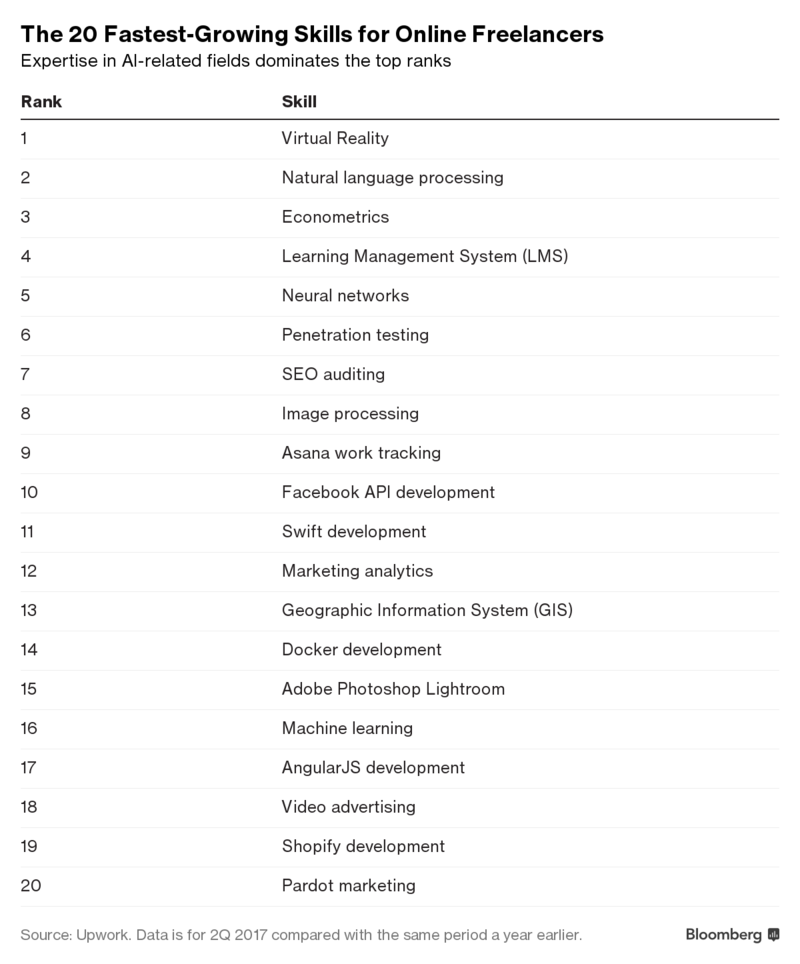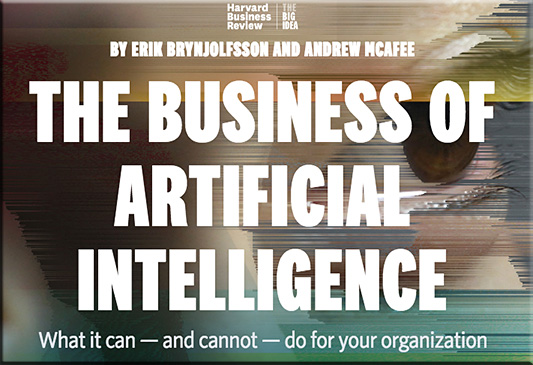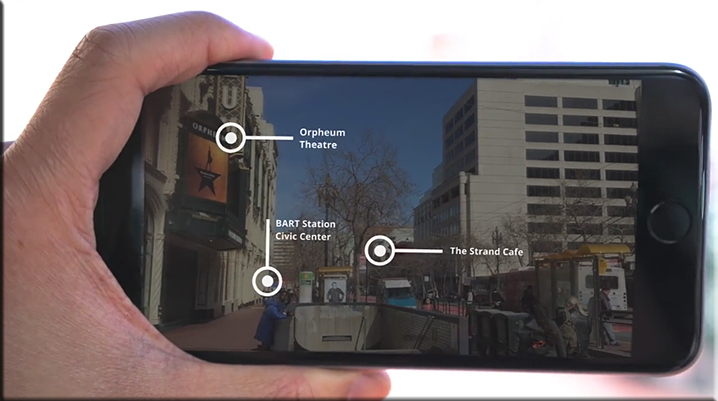Major Coding Bootcamps Going Out of Business — from campustechnology.com by Sri Ravipati
Excerpt:
In a surprising turn of events, two major coding bootcamps, within the span of about a week, have announced they are shutting down all operations.
Most recently, after a four-year run, South Carolina-based The Iron Yard (TIY) revealed last Friday it would close its 15 campuses, including locations like Atlanta, Austin, Houston and Charleston where other coding bootcamps are flourishing.
…
Similarly, Dev Bootcamp (DBC) on July 12 announced via Facebook that it would shutdown operations at all six locations — Austin, Chicago, San Diego, San Francisco, Seattle and New York — by the end of the summer.
From DSC:
I can almost hear the snickering from a variety of people within higher education about this situation. If gloating had an audible sound associated with it, I’d likely have to go find some earplugs. But I have a message for those who are snickering and gloating right now — saying something along the lines of, “Ha! So much for these alternatives to traditional higher education! They’re nothing, and they’ll come to nothing!”
That may be so. Such relatively new alternatives to traditional institutions of higher education may come to nothing. But you know what? At least those organizations are trying to be much more responsive than many institutions of traditional higher education are being! They’ve recognized that there are unmet needs — gaps, if you will — arising from our current systems. Gaps in either the content that we’re providing and/or the manner in which we’re providing it. Gaps that thousands of students have signed up for in a relatively short time. Those gaps should be cause for action within traditional institutions of higher education. They should be cause for realizing that we aren’t responding nearly fast enough to today’s new pace of change.
The pace of change has changed. It is lightning fast these days. Don’t believe me? Go check out some of the descriptions for the hot jobs out there these days. Seriously. Go do it. Go find out which skills you need to get your foot in the door to acquire those types of positions. It’ll blow your mind!
And there are ramifications to this.
If our accreditation systems need to change, than so be it. Let’s identify those necessary changes and make ’em happen!
Because:
- WE have some serious responsibility for the educations that we are providing to this next generation!!!
- WE need to prepare them for what they’ll need to be marketable in the future — so that they can put bread and butter on their tables throughout their careers.
- WE need to act!
- WE need to be responsive!
This is not a time for gloating. Rather, this is a time for some serious action.
Addendums on 8/2/17 and 8/3/17:
Jobs Report: 97 Percent of Flatiron School Graduates Land Jobs — from by Sri Ravipati
Excerpt:
While two major coding bootcamps shut down earlier this week, another released its latest jobs report and says it had the strongest student outcomes to date.
The Flatiron School based in New York, NY has released an independently verified jobs report every year since 2014 — “pioneering the concept of outcomes reporting and setting a standard of transparency in educational outcomes,” the latest report reads. It’s the company’s commitment to accessibility and transparency that have allowed its programs to stay open for five years now, says Adam Enbar, co-founder of the Flatiron School.
More bootcamps are quietly coming to a university near you — from edsurge.com by Sydney Johnson
Excerpt:
In the last two years, a surge of nonprofit, four-year institutions have hopped on the bootcamp bandwagon. These programs, often on skills such as software development or data analytics, have arrived in a number of ways—from universities partnering with local for-profit bootcamps, or colleges creating their own intensive training programs completely in-house.But while bootcamps are often associated with tech skills, it seems that traditional universities trying out the model are interested in more than just coding. An increasing number of traditional higher-ed institutions are now applying bootcamp trainings to other fields, such as healthcare, accounting and even civics and political science.













